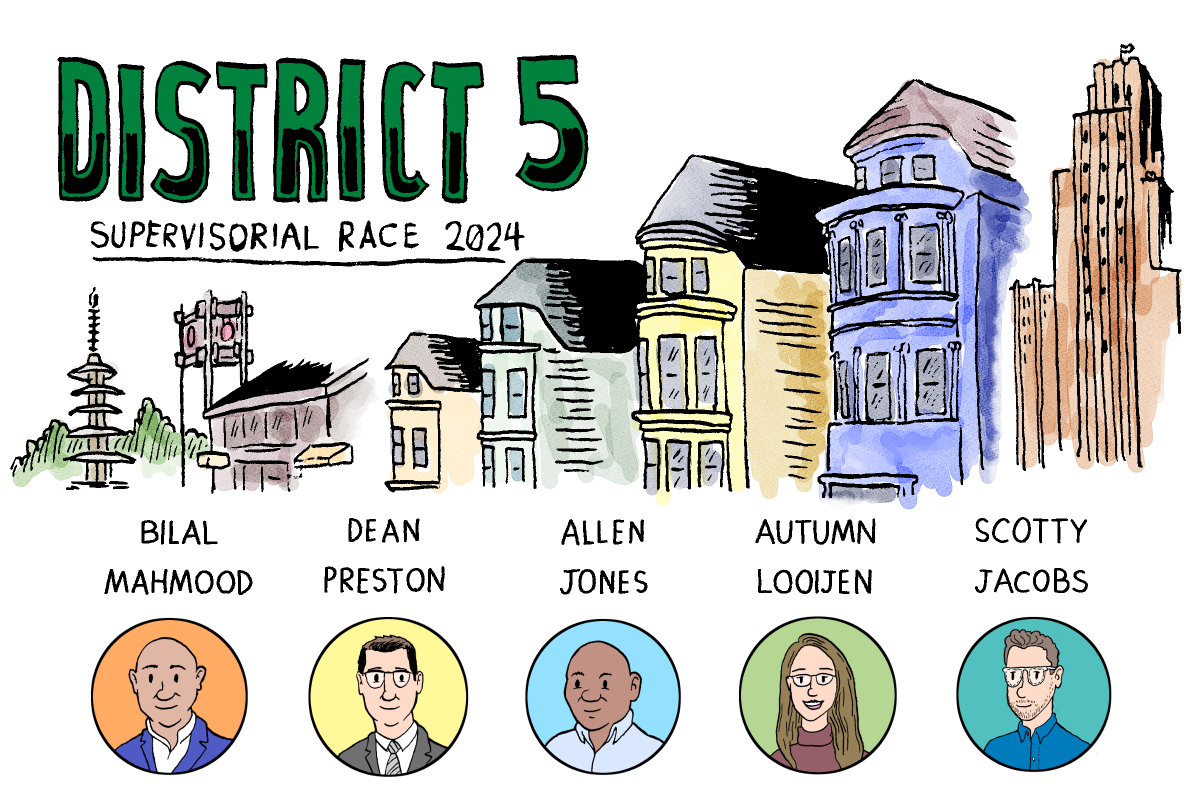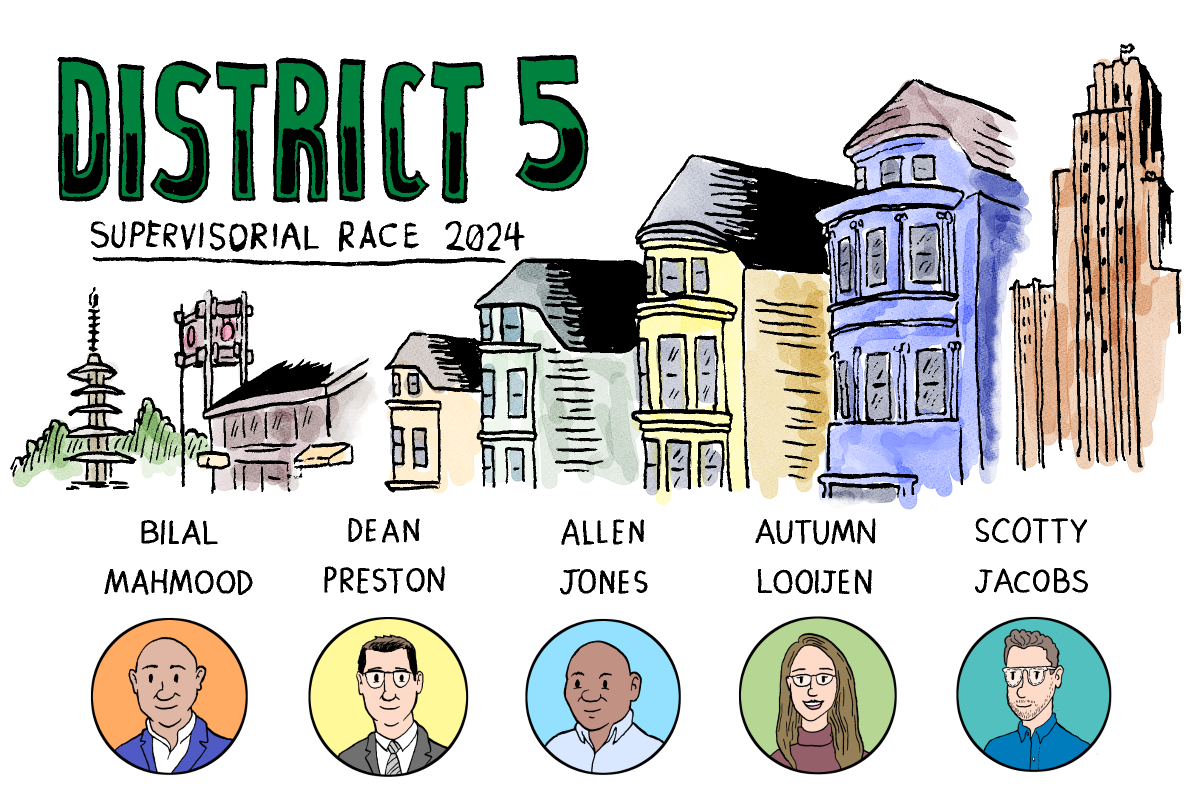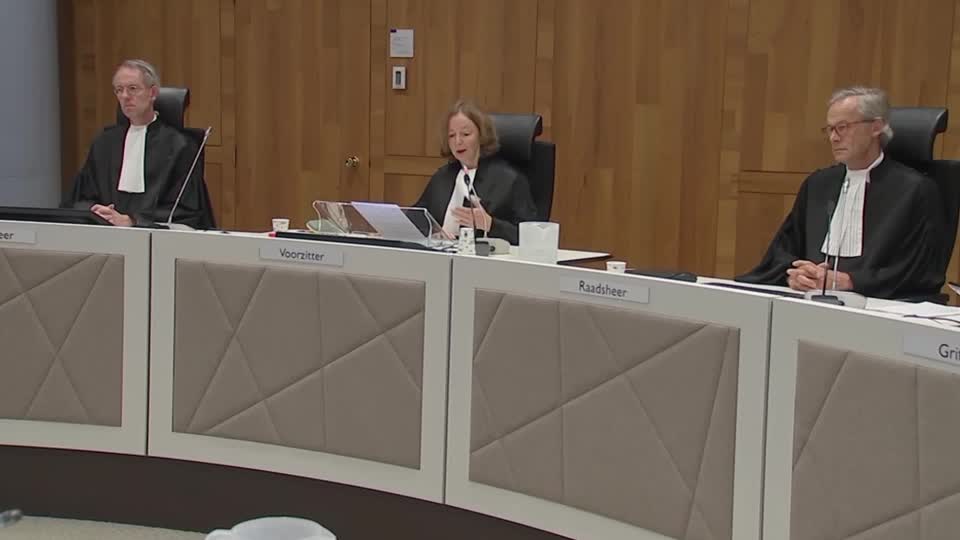[ad_1]
Progressive District 1 supervisor Connie Chan is on track to defeat her moderate challenger Marjan Philhour, after today’s vote drop put her up by 1,167 votes at 51.75 percent.
This likely concluded the most expensive supervisor race this year, as moderate groups saw Chan as particularly vulnerable because she beat Philhour by just 125 votes in their last contest in 2020. Almost $2.5 million was spent in the District 1 race.
But it appears that Chan’s advantage has only improved. As of Nov. 11, Chan led, 17,232 to 16,065 after ranked-choice tabulation. About 34,000 votes were already counted in District 1. There were approximately 24,700 votes citywide to be counted, but the math is not there for Philhour.
The race was expected to be extremely close — the two leading candidates were tied at 11,001 votes apiece after the Thursday results update — but the margin trending in Chan’s direction has grown bigger as more votes were counted.
This is the third time Philhour has run for supervisor in District 1. When she lost in 2020, she conceded on Nov. 8, five days after the election.
How the District 1 Chan-Philhour rematch played out
Running repeatedly was a double-edged sword for Philhour: It helped her establish name recognition in the neighborhood thanks to past campaigns, but that history may also have damaged her candidacy.
“If somebody has interviewed with me twice and I said no, a third time isn’t going to change my mind,” said Julie Edwards, the spokesperson and political consultant for Chan. “It’s just going to reinforce why I said no the previous two times.”
“People in the Richmond District know Marjan has run many times and lost. They have seen her come and go,” said former District 1 Supervisor Sandra Lee Fewer, who defeated Philhour in 2016. “She comes in and runs, and then you don’t see her. People haven’t seen her being consistent in our district.”
But if she was going to win, this appeared to be the year as the political climate has changed over the past four years, with groups finding some success in going after progressives. In District 5, Bilal Mahmood, whose campaign emphasized a more aggressive approach to the fentanyl crisis, is poised to oust the incumbent supervisor Dean Preston.
Like many candidates this year, Philhour’s campaign also focused largely on crime and public safety, attacking the incumbent for being “out of touch” and failing the District in the past four years. During the campaign, Philhour called for change and said she could deliver that change.

Redistricting in 2022 also worked in Philhour’s favor: District 1 gained more wealthy areas north of Lake Street in the 2022 redistricting, including Sea Cliff and Presidio Terrace, which are populated by more conservative constituents. In nearly all precincts in that area, Philhour gained more votes than Chan.
But for Philhour, that was not enough to push her over the line.
Running as “a change candidate” while maintaining a strong tie with the current administration — Philhour was a supporter and senior advisor to Mayor London Breed — is inherently self-contradicting and may raise concern for voters, said Edwards.
Money certainly helped, too. Labor unions, a tenants group and an Asian American representation group spent over $1.2 million supporting Chan, the strong labor ally, and attacking her opponent Philhour. Chan also benefited from “a large network of dedicated volunteers,” phone banking and knocking on doors. Philhour’s candidate committee and third-party supporters spent about $831,849 in total, as of Nov. 6.
Incumbency was also an advantage to Chan, past District 1 supervisors said. Unseating an incumbent has always been challenging. Recently, the only one to do so was Joel Engardio in District 4 when he defeated Gordon Mar in 2022.
Chan used the incumbency for “free media coverage,” said Eric Mar, a two-term District 1 supervisor from 2009 to 2017. In the months leading to the election, Chan appeared at places from the Heart of the Richmond Night Market to a mid-autumn festival celebration, using events as a chance to talk about her efforts to revitalize the neighborhood.
Mar added that Chan’s message also resonated with some Chinese American voters. “If she loses, there could be no representation in City Hall,” Mar said. In that aspect, the endorsement from Assemblymember Phil Ting helped Chan get the message out.

Early afternoon on Election Day, a caravan of some 11 cars, covered in Chan’s campaign signs, zig-zagged the streets of the Richmond District, pushing for voters to get their ballots out before 8 p.m.
“Vote by 8! Don’t be late!” the supervisor shouted to passers-by from the car window, her voice getting raspy as the ride went on. “Good morning!” Chan greeted Chinese seniors doing groceries on Clement Street in Cantonese.
Residents, walking their dog or pushing a stroller, usually slowly recognized the supervisor and waved back at her. At a red light on Geary Boulevard, a driver in the next lane gave Chan a thumbs-up through the window. When spotting a sign on the window, Chan thanked the homeowner, tidying up in the garage, for his support.
“We are almost there,” said Robyn Burke, Chan’s aide behind the wheel, who at one point started dancing to “When Doves Cry.” “It would be good.”
[ad_2]
Source: missionlocal.org






